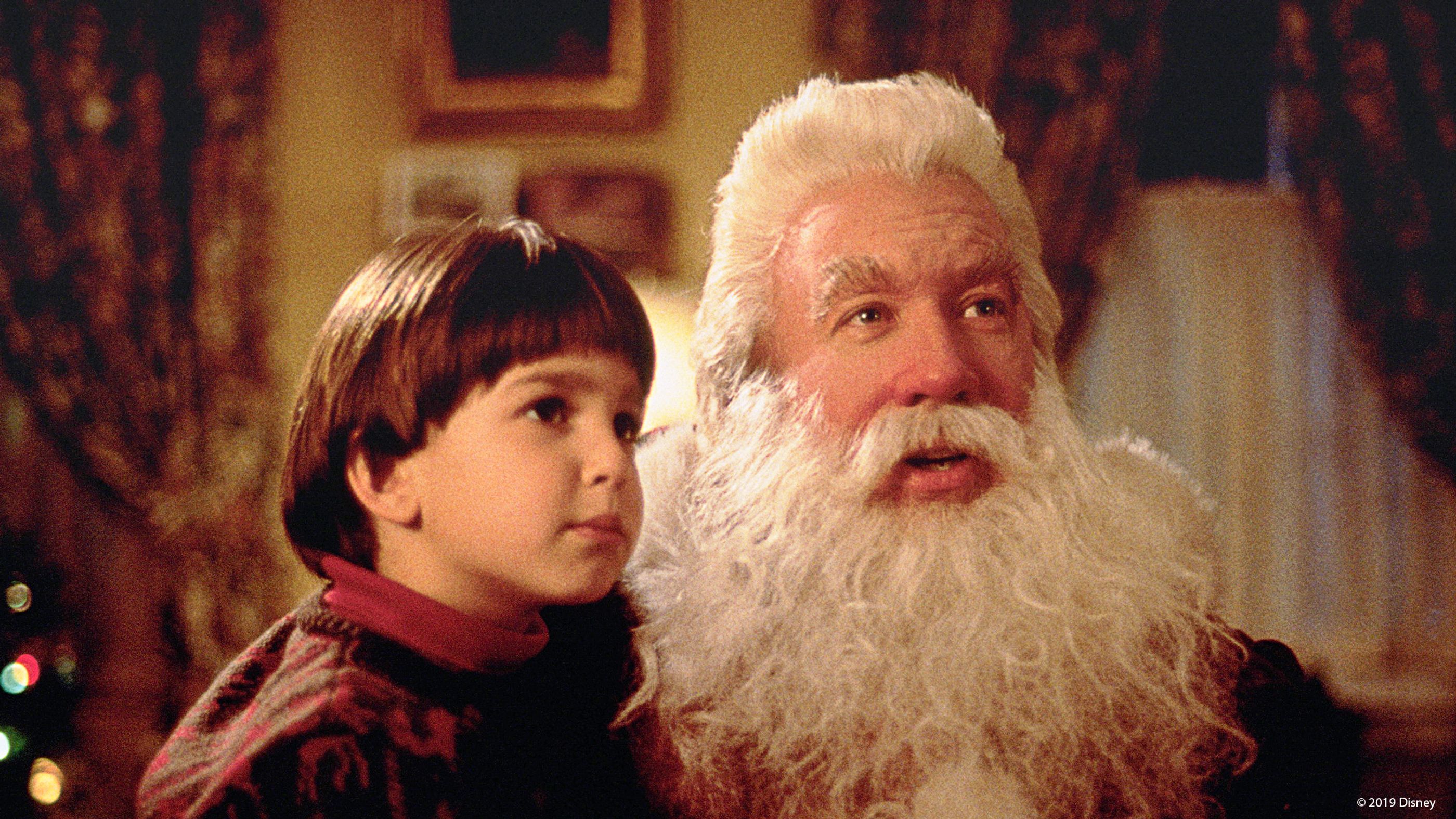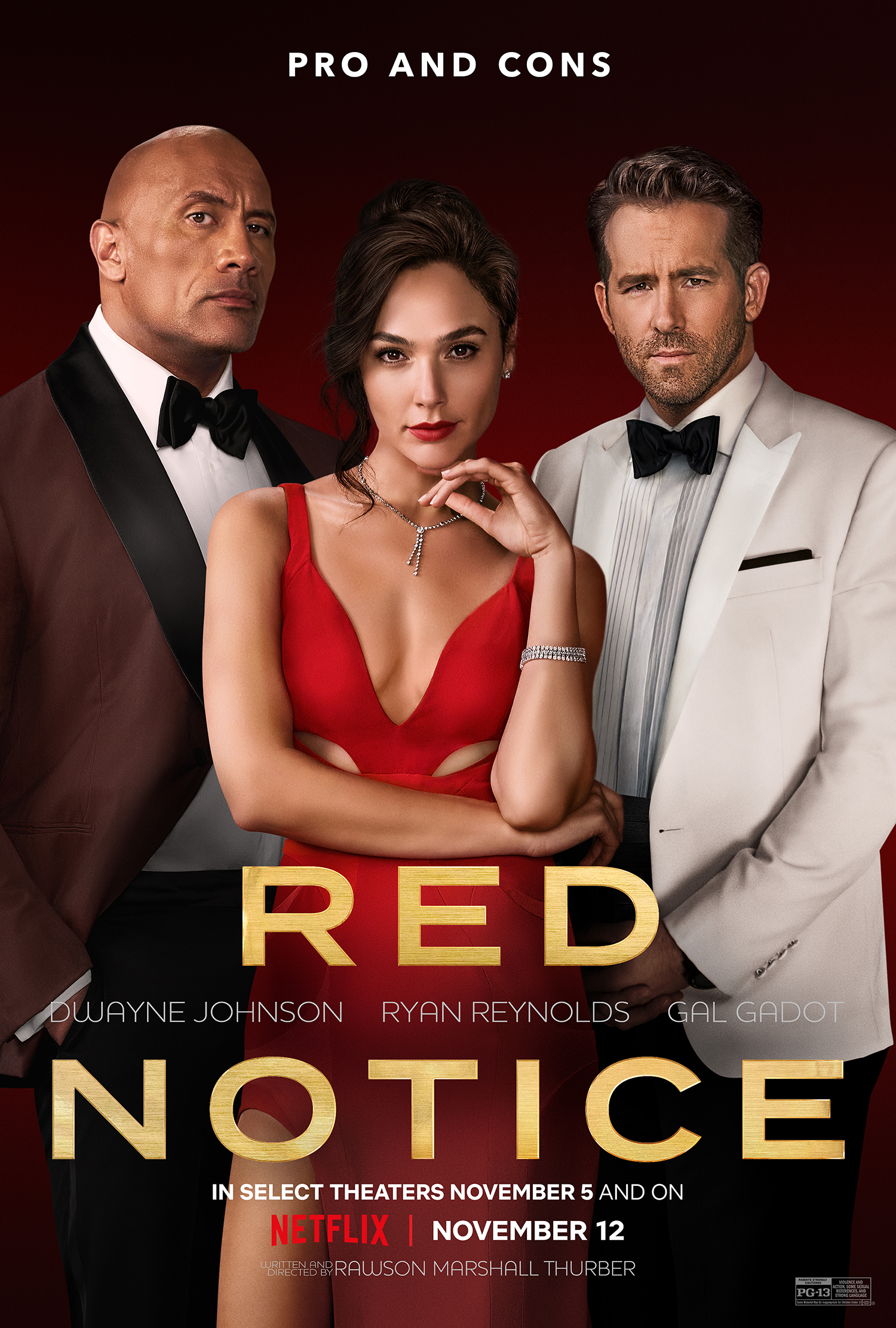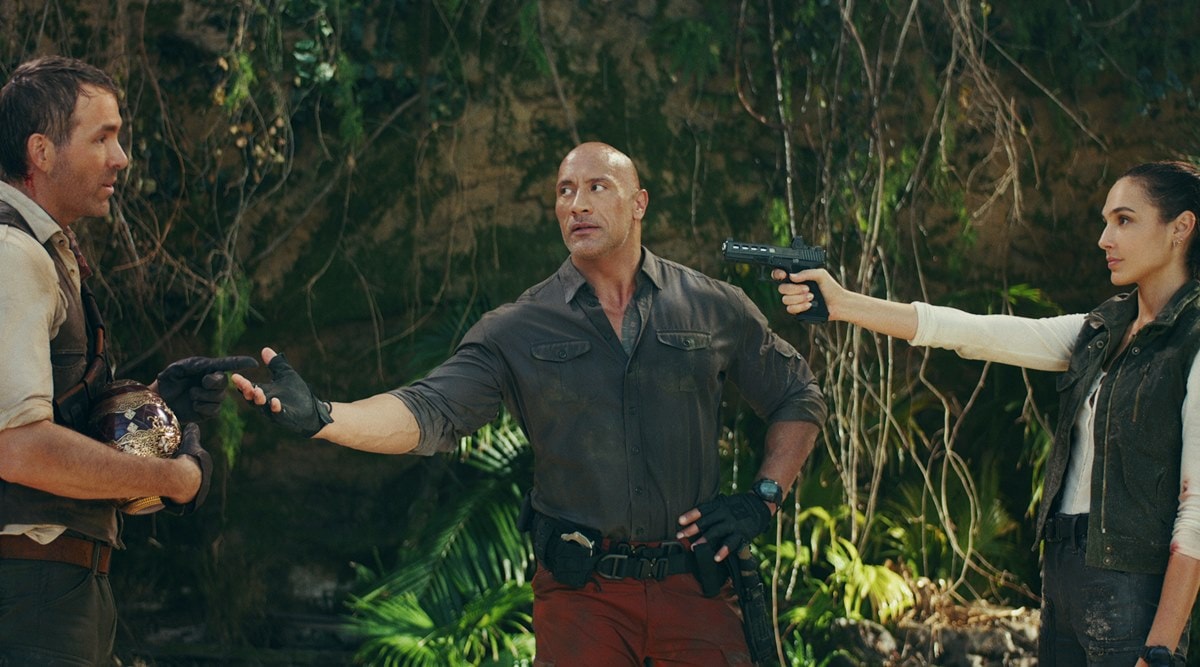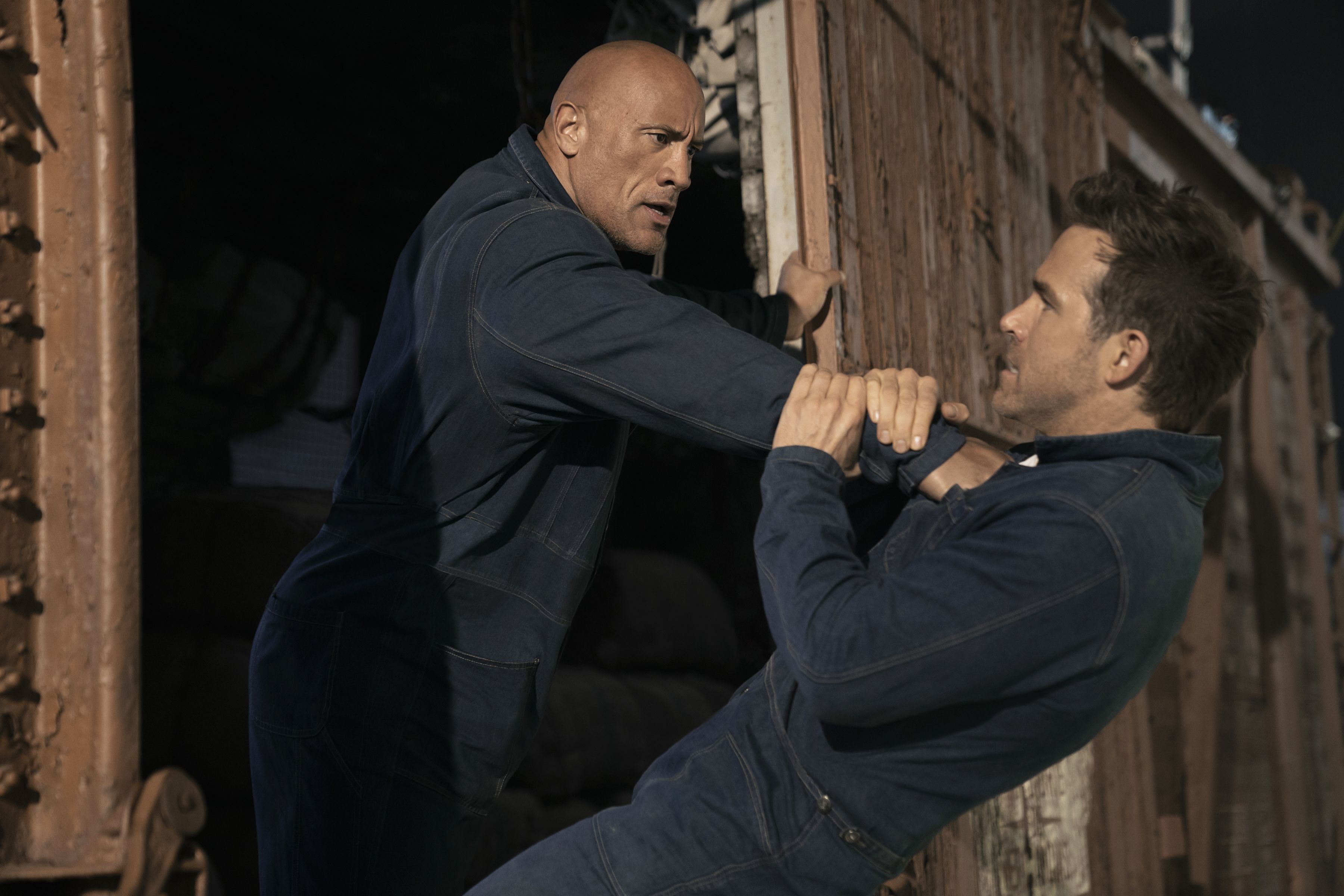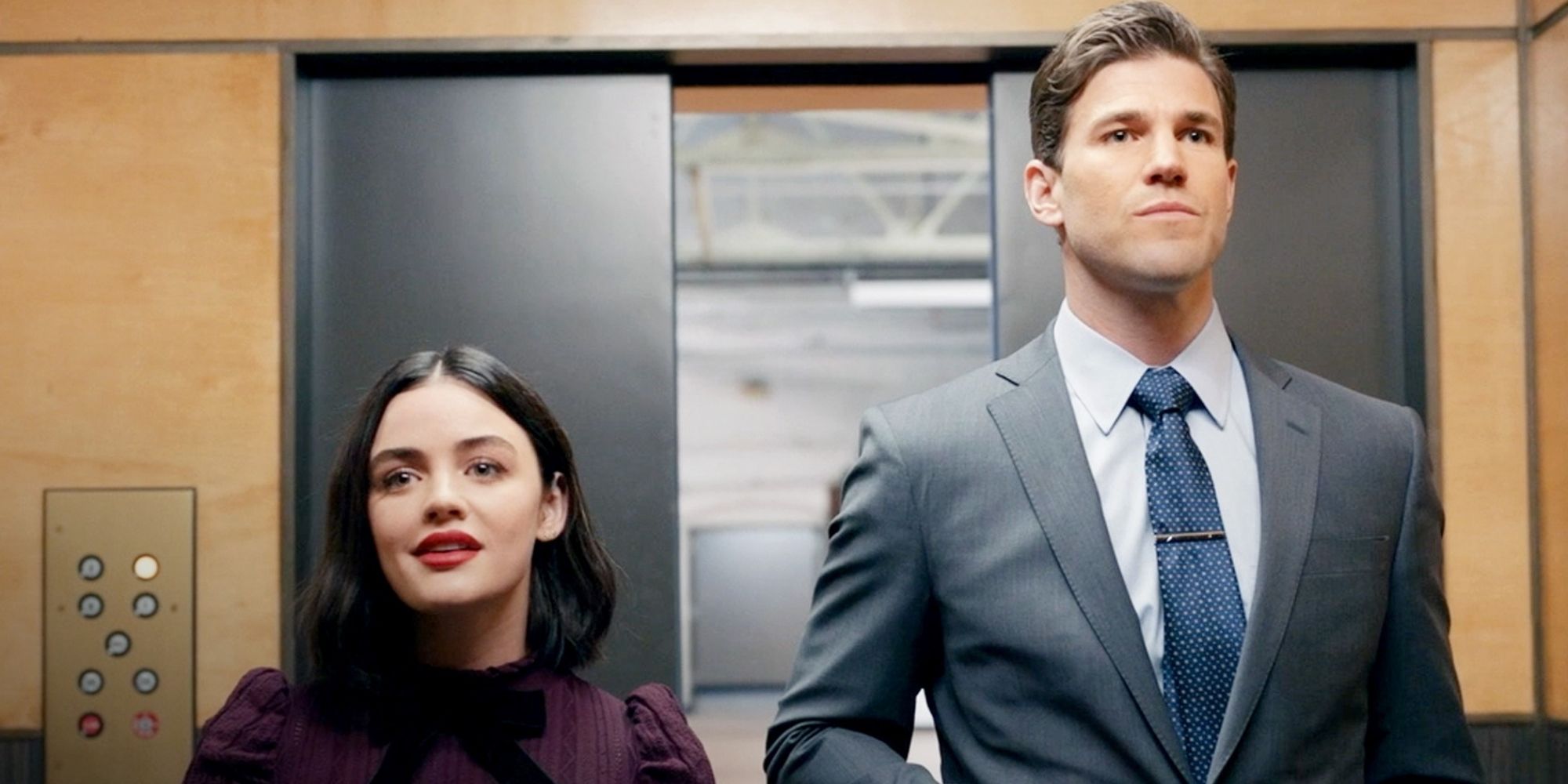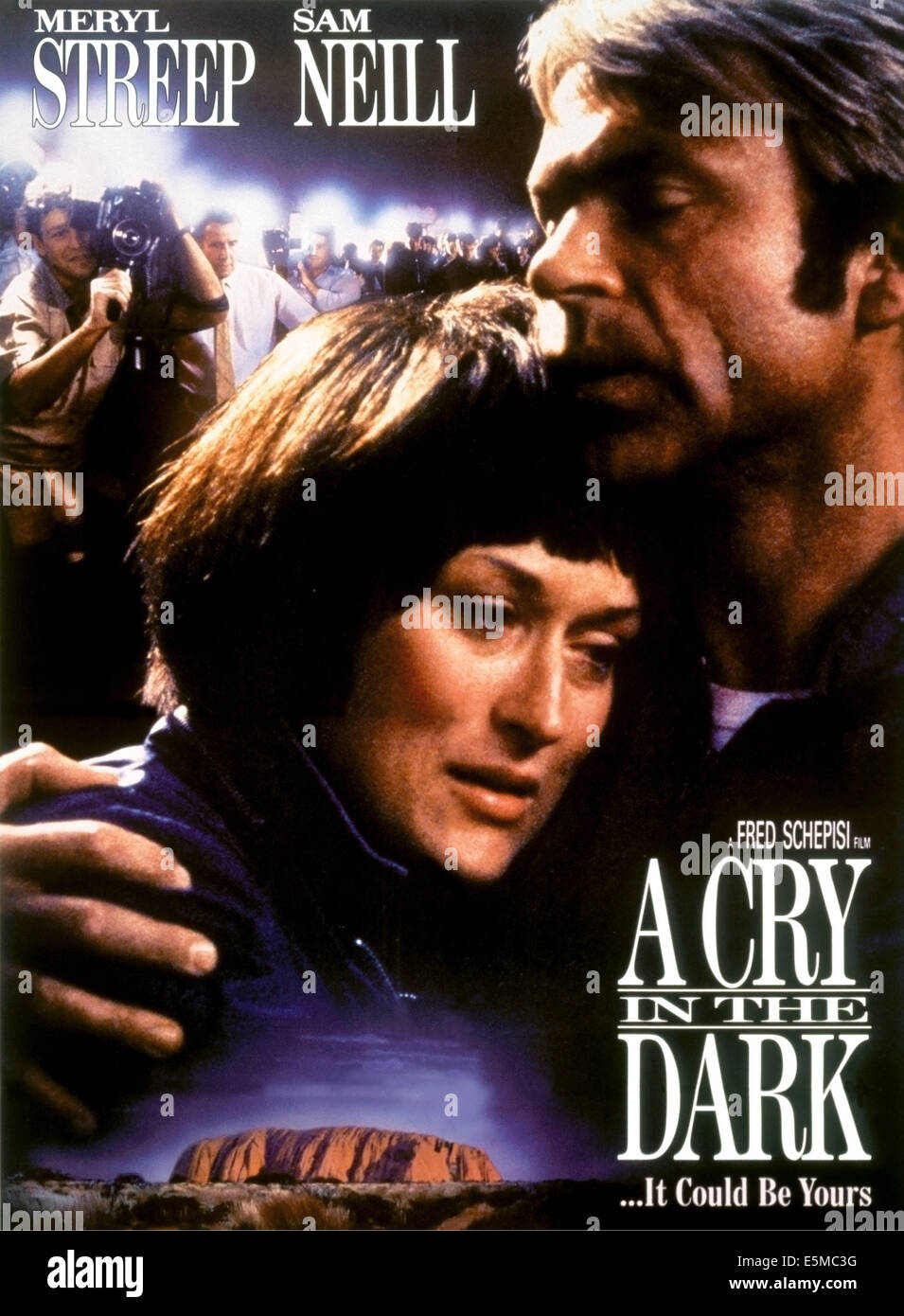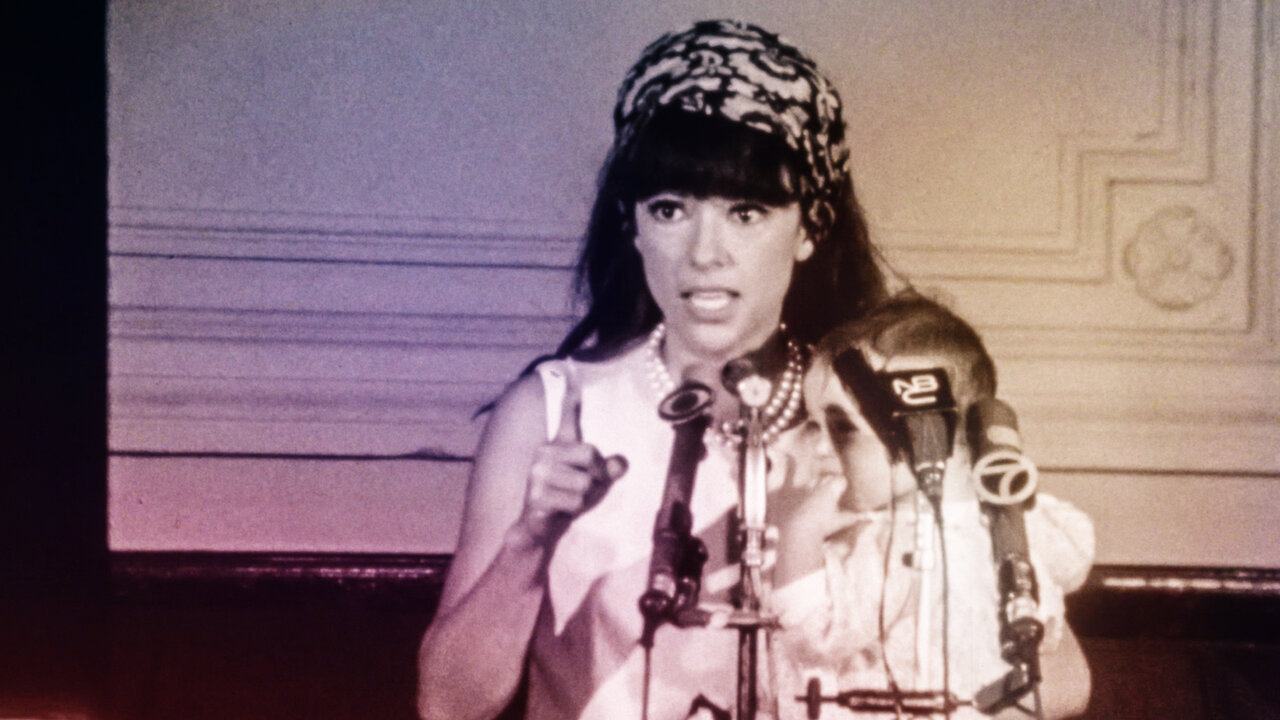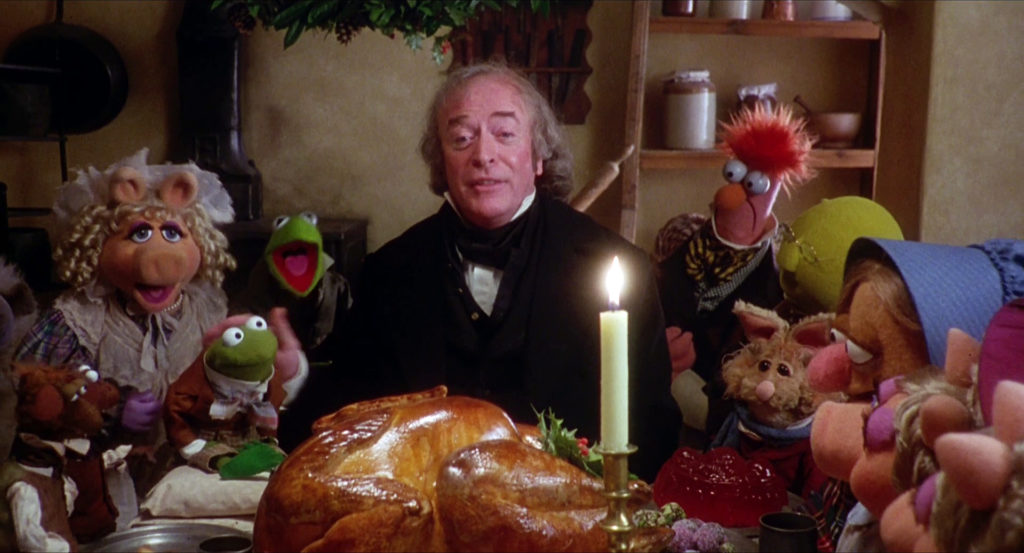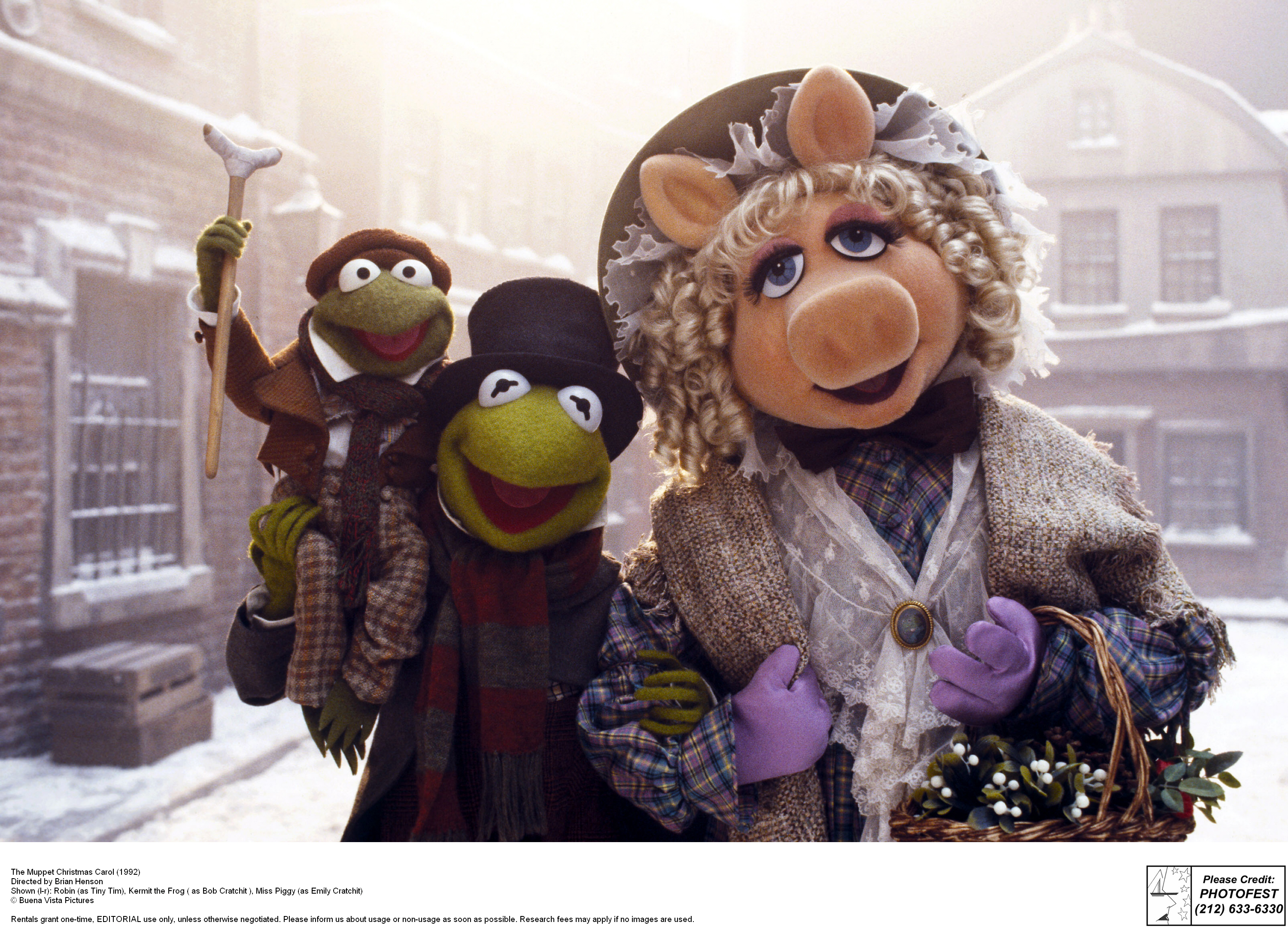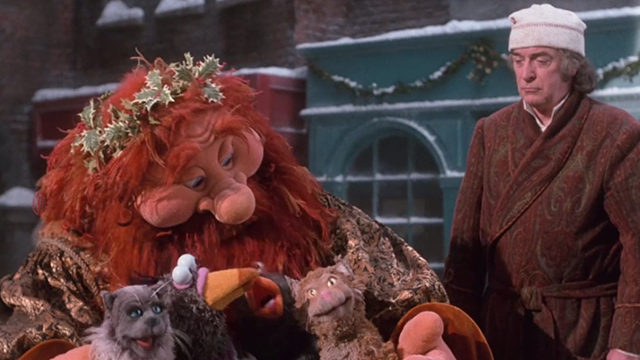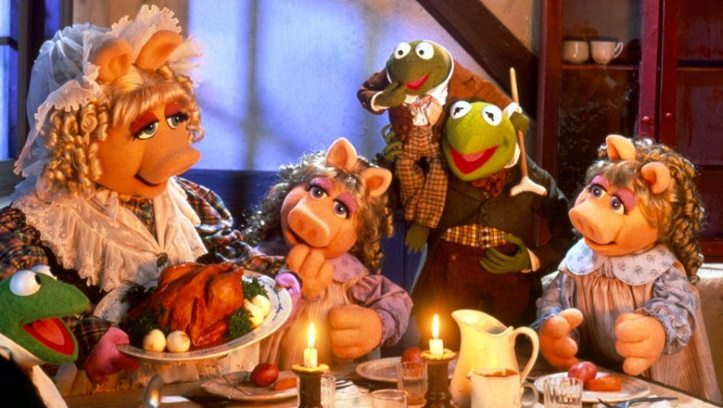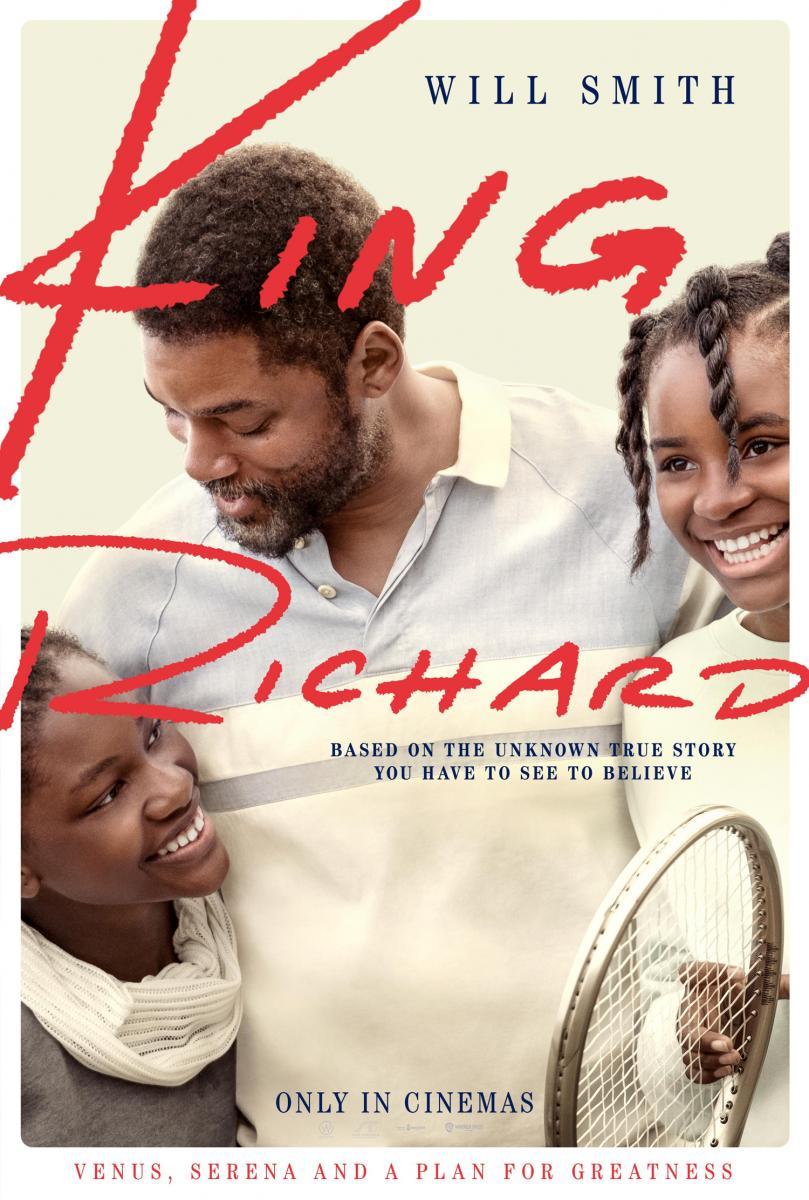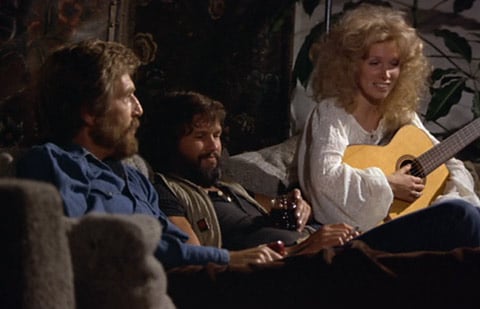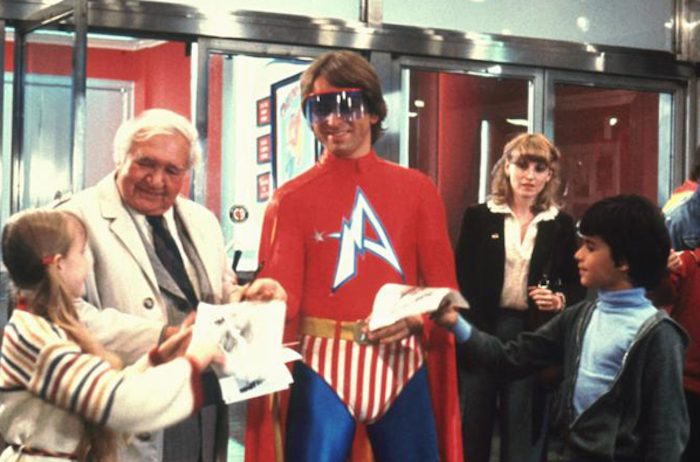Clifford the Big Red Dog
Paramount brings a classic literary character to the screen with 2021's Clifford the Big Red Dog, a big budget rendering of the title character that starts out beautifully projecting some nice themes, but grows a little more tiresome during the second half of the film.

A lonely little girl named Emily and her unemployed, homeless Uncle Casey enter an animal rescue shelter run by a Mr. Bridwell. Emily falls in love with a tiny red puppy but Casey says no. Of course, Bridwell manages to sneak the puppy into her backpack and Emily is overjoyed when she finds the puppy when she gets home. Of course, she is shocked when she wakes up and the puppy is ten feet tall and is about the size of an elephant. Inside, he's still a puppy.
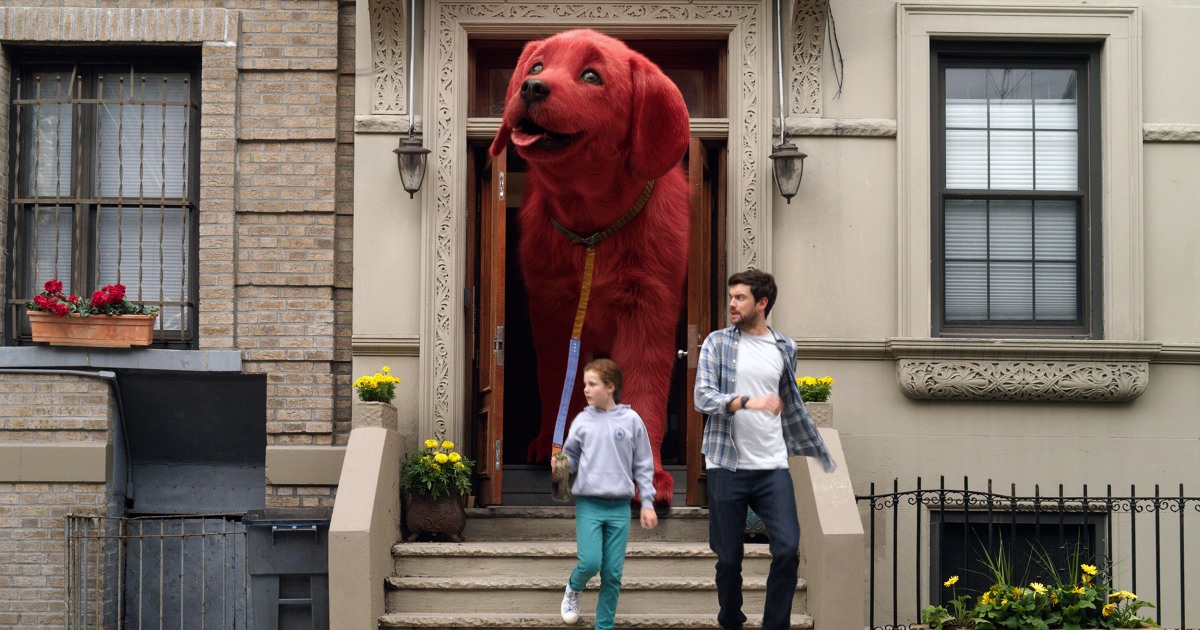
Clifford is the central character in a scholastic book series named after the character and became an animated series on PBS in the year 2000. This reviewer has not read any of these books or seen the series, so this was my first exposure to the character. I thought I was in for something very special when Emily asks Bridwell how big Clifford gets and he replies that it depends on how much Emily loves him. It should be mentioned that the Bridwell character is named after the author of the books.
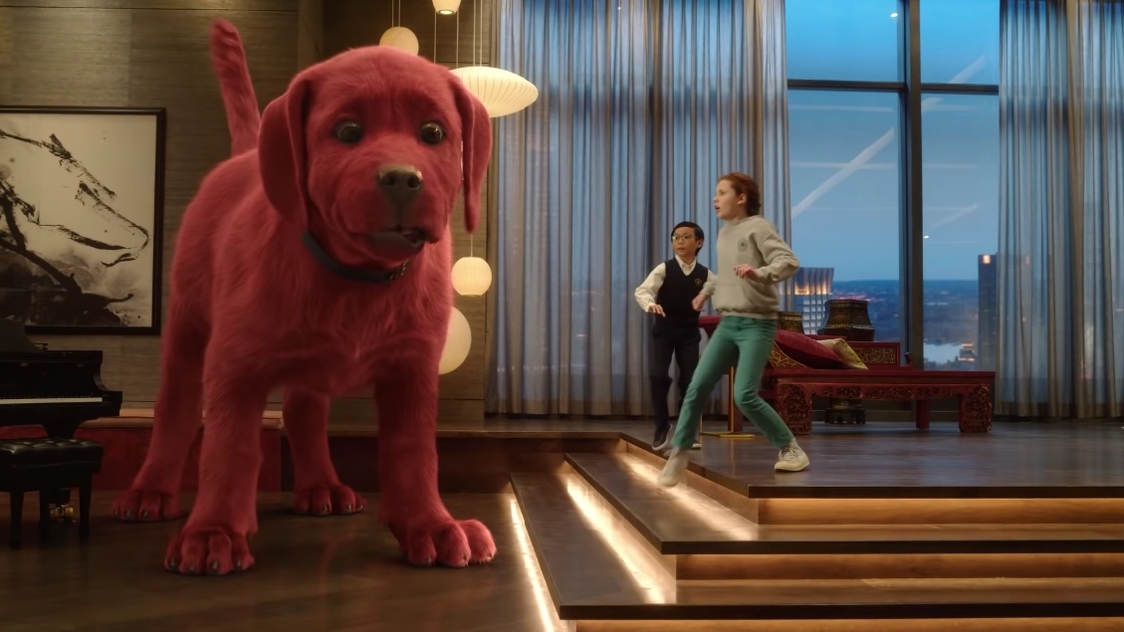
I absolutely loved the way the film opened...we see Clifford's mom and siblings taken away to a pound and we also learn that Clifford's mom and siblings are a normal dog color. Not sure why, but for some reason I thought a big plot point here was going to be learning why Clifford was red, but we never got an answer to that question, which nagged at me throughout, but I guess it's just supposed to be a message about tolerance.
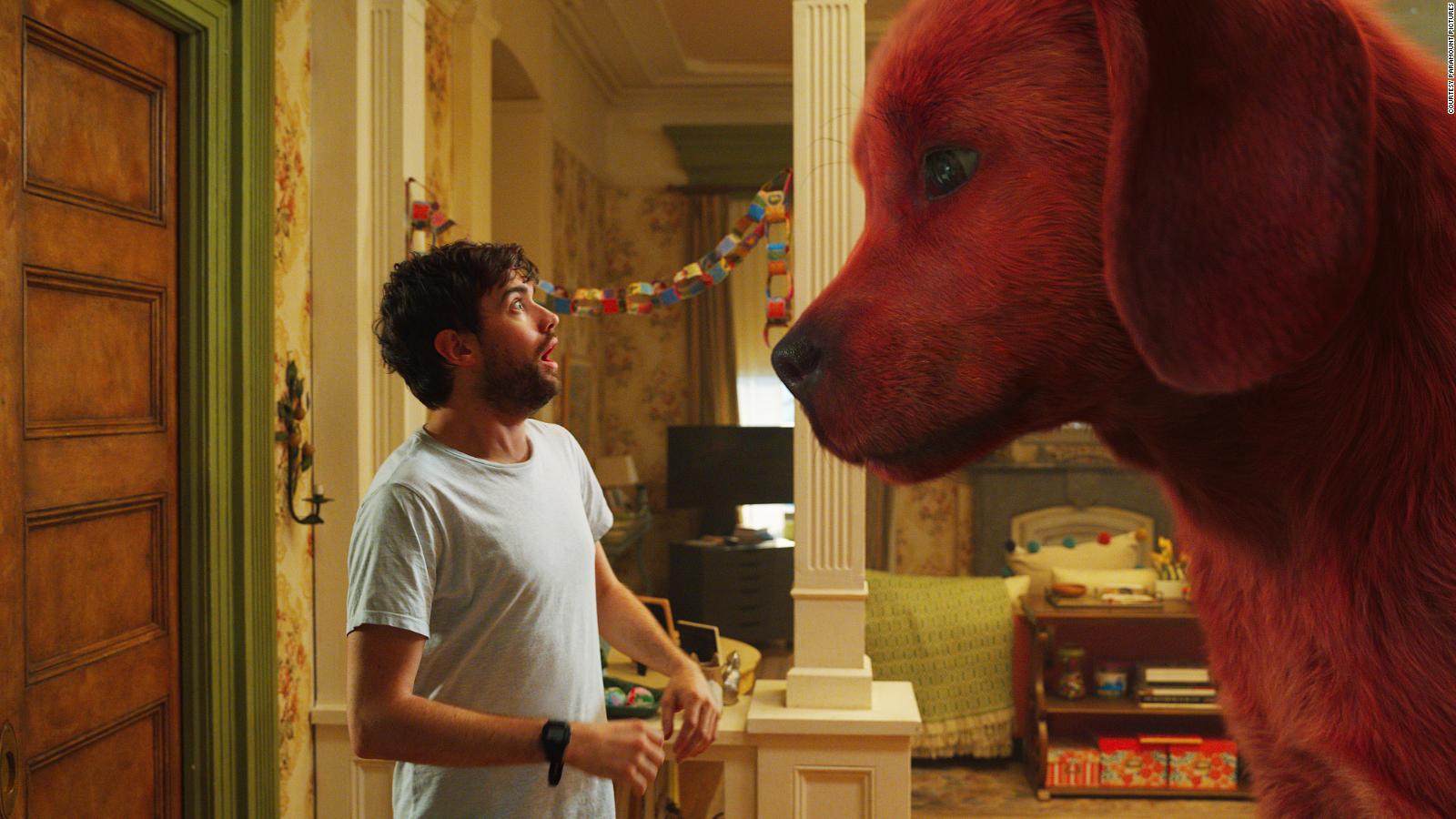
Every minute of the film before Clifford turns big is adorable...the sight of him scratching on that warehouse door trying to get out after being left there almost ignited the tear ducts. Also loved the fact that Clifford seemed to understand English perfectly...love the scene where Emily is trying to name the puppy. But after he gets big, everything that happens to him is so predictable, including the half-crazed villain (nicely played by Tony Hale) who wants to use Clifford for his own purposes.

Production values are spot on, especially the technical team who created Clifford...those beautiful soulful eyes are irresistible. Darby Kemp does bring an intelligence to Emily we don't see coming and Jack Whitehall definitely garners laughs as Uncle Casey. Other familiar faces pop up including David Alan Grier, Paul Rodriguez, Rosie Perez, Tovah Feldshuh, Kenan Thompson, Alex Moffat and John Cleese as Bridwell, but the film eventually drowns in syrupy sentimentality.
Paramount brings a classic literary character to the screen with 2021's Clifford the Big Red Dog, a big budget rendering of the title character that starts out beautifully projecting some nice themes, but grows a little more tiresome during the second half of the film.

A lonely little girl named Emily and her unemployed, homeless Uncle Casey enter an animal rescue shelter run by a Mr. Bridwell. Emily falls in love with a tiny red puppy but Casey says no. Of course, Bridwell manages to sneak the puppy into her backpack and Emily is overjoyed when she finds the puppy when she gets home. Of course, she is shocked when she wakes up and the puppy is ten feet tall and is about the size of an elephant. Inside, he's still a puppy.

Clifford is the central character in a scholastic book series named after the character and became an animated series on PBS in the year 2000. This reviewer has not read any of these books or seen the series, so this was my first exposure to the character. I thought I was in for something very special when Emily asks Bridwell how big Clifford gets and he replies that it depends on how much Emily loves him. It should be mentioned that the Bridwell character is named after the author of the books.

I absolutely loved the way the film opened...we see Clifford's mom and siblings taken away to a pound and we also learn that Clifford's mom and siblings are a normal dog color. Not sure why, but for some reason I thought a big plot point here was going to be learning why Clifford was red, but we never got an answer to that question, which nagged at me throughout, but I guess it's just supposed to be a message about tolerance.

Every minute of the film before Clifford turns big is adorable...the sight of him scratching on that warehouse door trying to get out after being left there almost ignited the tear ducts. Also loved the fact that Clifford seemed to understand English perfectly...love the scene where Emily is trying to name the puppy. But after he gets big, everything that happens to him is so predictable, including the half-crazed villain (nicely played by Tony Hale) who wants to use Clifford for his own purposes.

Production values are spot on, especially the technical team who created Clifford...those beautiful soulful eyes are irresistible. Darby Kemp does bring an intelligence to Emily we don't see coming and Jack Whitehall definitely garners laughs as Uncle Casey. Other familiar faces pop up including David Alan Grier, Paul Rodriguez, Rosie Perez, Tovah Feldshuh, Kenan Thompson, Alex Moffat and John Cleese as Bridwell, but the film eventually drowns in syrupy sentimentality.
Last edited by Gideon58; 06-11-24 at 02:32 PM.


